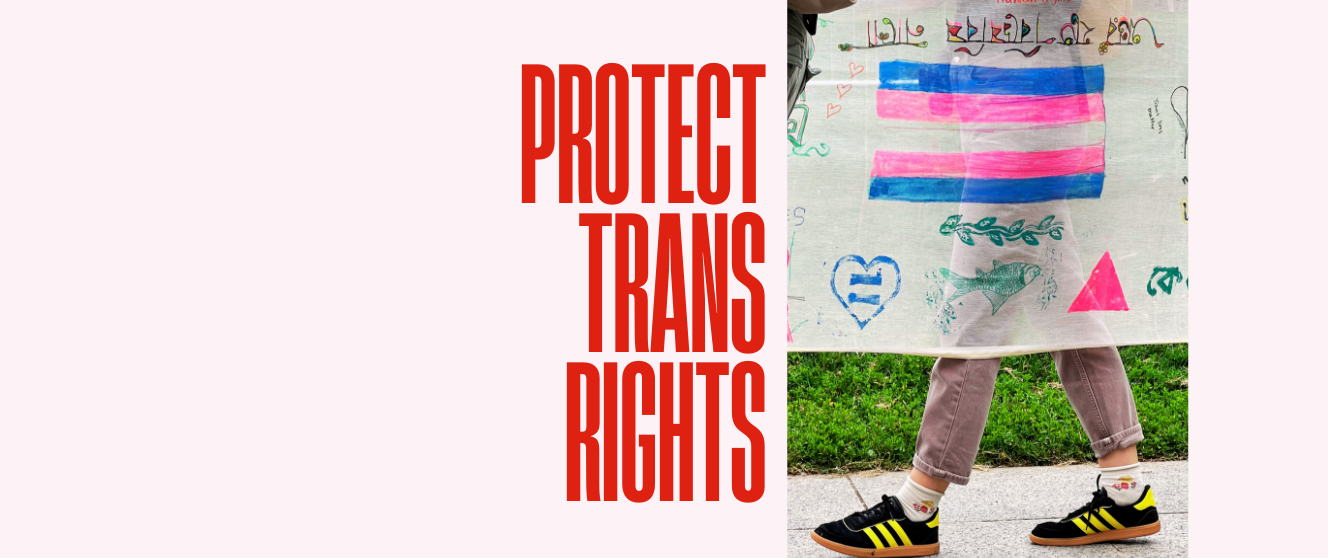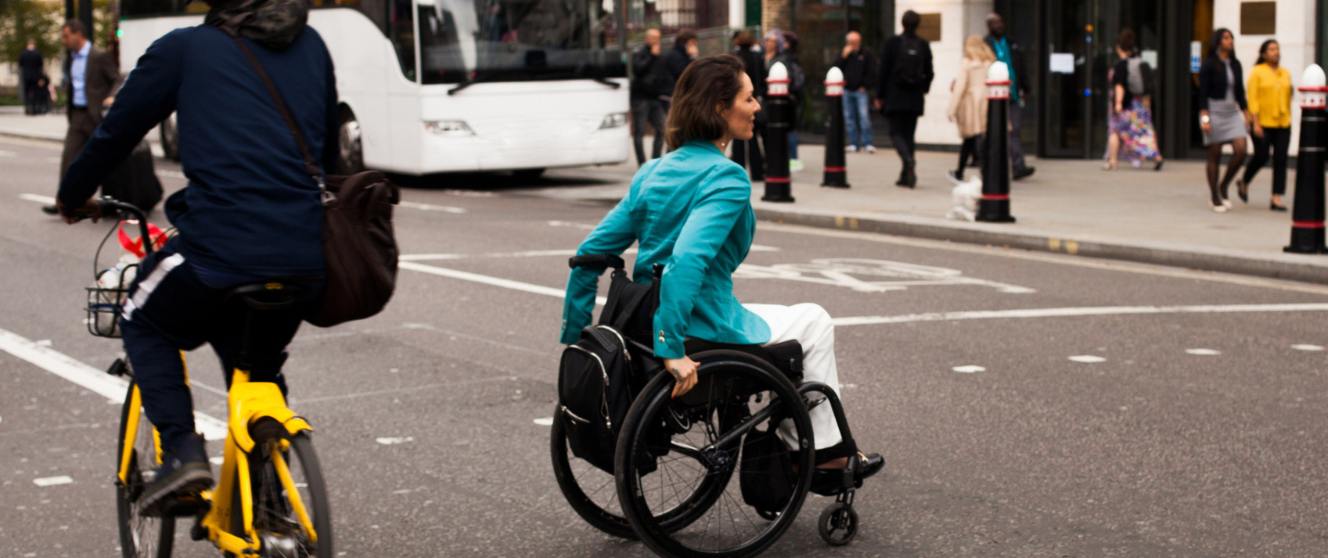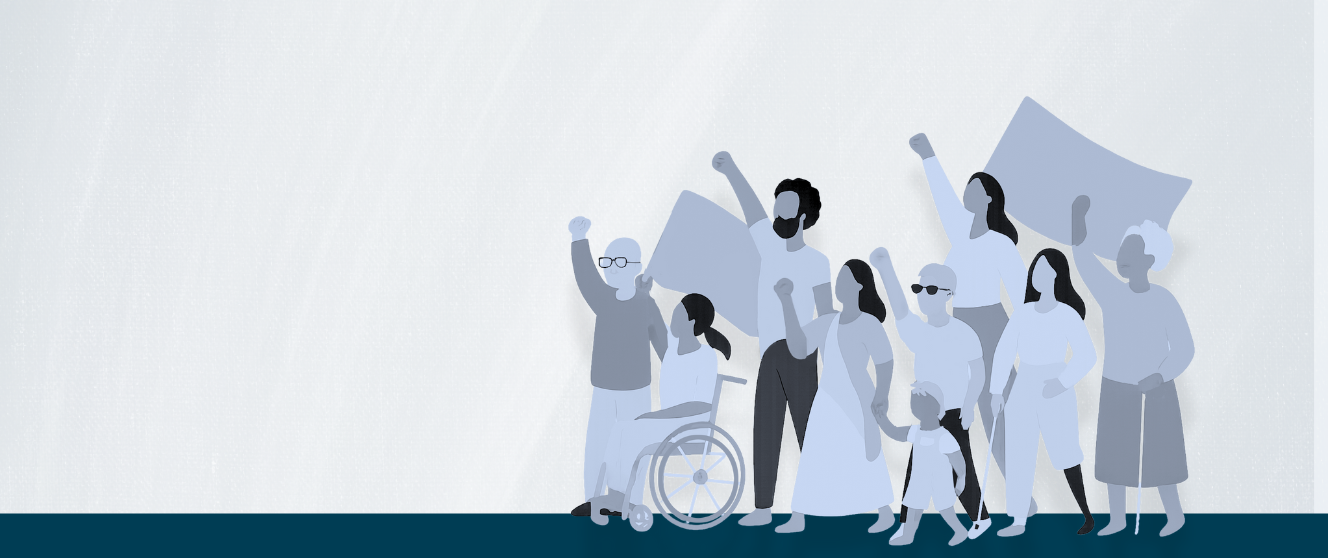
People with disabilities are just as likely to get pregnant as non-disabled people and report similar fertility desires as non-disabled people. Still, people with disabilities have long experienced barriers to reproductive healthcare services like abortion. It is necessary to center the voices and experiences of disabled people to understand how to make abortion and reproductive healthcare services more accessible.
Disability Rights Education and Defense Fund (DREDF) and Women Enabled International (WEI) partnered to survey women and gender diverse people with disabilities to better understand their experiences seeking abortion services in the United States.
On July 1, 2025, DREDF and WEI published an interactive resource called “Lessons from the Disability and Abortion Access Survey: Responses and Recommendations.” The resource uplifts respondents’ stories in their own words. Common themes that arose in the responses included: the importance of protecting autonomy, a lack of desire or resources to have a child, reproductive coercion, negative interactions with healthcare systems, systemic and programmatic barriers to care, health risks associated with pregnancy, and positive experiences with health care systems.
Drawing from the experiences shared in the survey, the resource also provides recommendations for reproductive rights and justice advocates and abortion professionals seeking to make their practices more accessible to people with disabilities.


